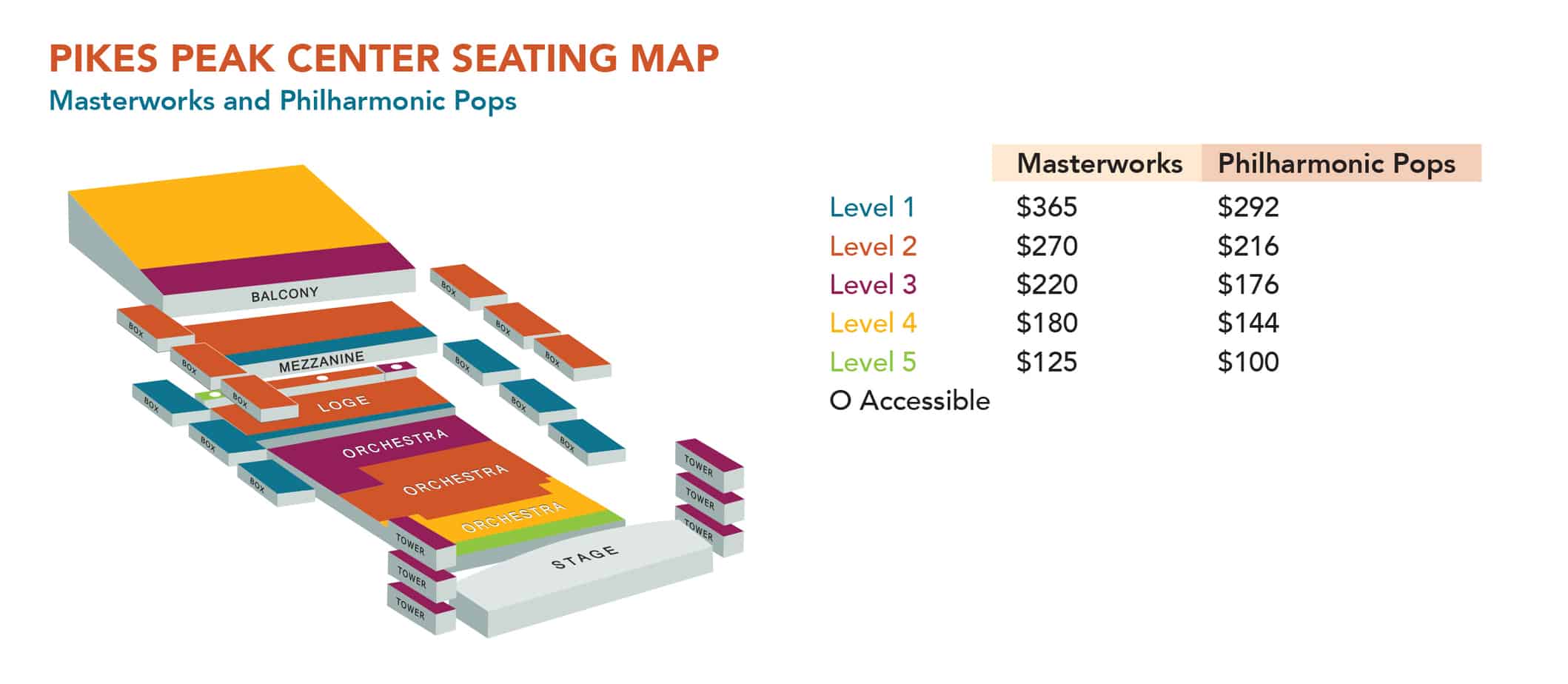by Tracy Mobley-Martinez
The Fourth of July celebrates everything that makes us American — and with the simplest and grandest spectacles there are. Hot dogs and Mom’s potato salad. Kids running gleefully through sprinklers. Sparklers. Fireworks. And for the luckiest of us, a live performance of a holiday staple, Tchaikovsky’s rousing 1812 Overture. Scholars agree that the overture, which premiered in 1882, is a tribute to dogged loyalty to country, but which one?
“The popular misconception is that it celebrates the war of 1812 between the Americans and the Brits,” says Ryan Raul Bañagale, an assistant professor in Colorado College’s music department. “Which is wrong.”
With critically acclaimed works like Swan Lake behind him, the Russian composer was already famous when he was approached to write this festival piece.
“It was something to accompany the opening of a building,” Bañagale explains, “kind of a throw away.” But Tchaikovsky envisioned a composition, which he finished in 1880 after only six weeks, that would tell the story of a battle won seemingly against all odds: Russia’s defeat of the undefeated, battle hardened and exceptionally well-equipped French army, led by Napoleon.
The work follows the thread of the battle — from the trepidation reflected in his opening use of the hymn “O Lord, Save Thy People” to the insistent strains of “La Marseillaise” and Russian folk tunes (stand ins for the opposing factions) to the artillery and bells sounding in triumph. Europeans, especially Russians, would have recognized the meaningful melodies, which created an effective shorthand for the story and emotional trigger.
“I don’t know another example of a tune that uses a cannon,” Bañagale says, adding that Tchaikovsky also wanted a marching band and live cathedral bells to play in the performance. “It was done in part for the novelty and the desire for the theatrics of the original idea. Also, it commemorates the battle, so ‘let’s make it sound like a battle.’ He was definitely pushing the limits.”
There was one problem: the laws of physics.
“It’s the way that sound travels. You can’t have the cannon right next to the orchestra. Even if you have a timer set to detonate precisely, it’s still going to be late. It takes an extreme degree of precision.”
Sadly, its intended premiere — to be performed by the cathedral that commemorated the 1812 battle with all the planned musical pyrotechnics — was canceled in 1881 after Tsar Alexander II’s assassination. It finally was heard under a tent near that cathedral, which was still unfinished.
Initially, there was little critical reaction, Bañagale says, because so few people saw it. (Tchaikovsky did conduct it at the dedication of Carnegie Hall in 1891. It was one of the first appearances by a European composer in the United States.)
Tchaikovsky is said to have disliked the work, writing that it would be “very loud and noisy, but (without) artistic merit, because I wrote it without warmth and without love.”
Arthur Fiedler and the Boston Pops introduced it into the orchestral repertoire— and America’s collective consciousness — in 1974, when the orchestra performed it as part of an Independence Day concert.
“For Tchaikovsky, it was a side project, a side gig. I think he approached the composition that way. He tried to have a little fun with it,” Bañagale adds.


